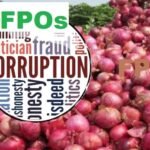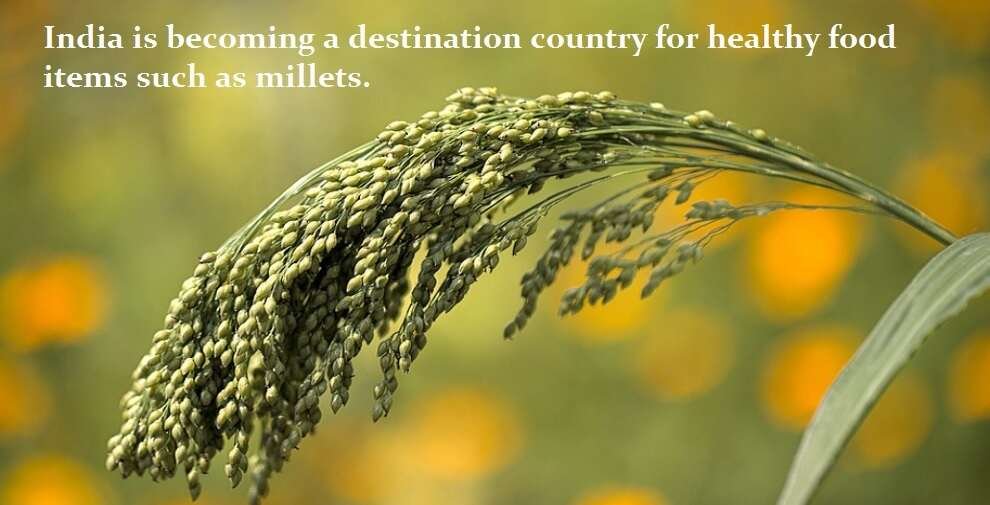Union Agriculture Minister Narendra Singh Tomar stated that the United Nations (UN) accepted India’s proposal and declared 2023 as the International Year of Millets, and he urged the G-20 nations to support the millet year celebrations in order to promote nutrition and sustainable agriculture.
Tomar said on Sunday that India is becoming a destination country for healthy food items such as millets and that the government is promoting biofortified varieties to combat malnutrition.
Also Read: At G20 agriculture meeting today, India emphasized increasing investment in R&D
Phenomenal Production and Developments
‘The Government of India has highlighted the importance of reintroducing traditional food items such as millet, other nutritious cereals, fruits and vegetables, fish, dairy, and organic products into people’s diets.
In recent years, their production in India has been phenomenal, and India is quickly becoming a destination country for healthy food items’ Tomar said in his virtual address, according to an official statement.
Tomar stated that biofortified varieties are being promoted as a source of a staple diet rich in micronutrients in order to eliminate malnutrition. Approximately 17 such crop varieties have been developed and released for cultivation.
He also stated that the government has taken steps to increase the optimal use of water resources, build irrigation infrastructure, conserve soil fertility through the balanced use of fertilizers, and provide connectivity from farms to markets.
Achieve the Zero Hunger Goal
The minister was speaking at a session titled ‘Working Together to Achieve the Zero Hunger Goal: Successful Projects Implemented by Agriculture Ministries.’ Tomar stated that ‘the Indian agriculture sector remained unaffected even during the COVID pandemic,’ referring to the country’s great success in agriculture after independence.
Multiple government initiatives to maintain the agri-market dynamic as well as the agri-input supply chain during the COVID pandemic, he claims, have aided the agriculture sector’s performance.
As a result, he added, there will be an increase in foodgrain production as well as exports during the 2020-2021 period.
The minister highlighted measures taken toward sustainable agriculture, stating that the ‘Per Drop-More Crop’ irrigation scheme and the ‘Paramparagat Krishi Vikas Yojana‘ for organic farming are being successfully implemented. The Pradhan Mantri Fasal Bima Yojana is being implemented to provide farmers with insurance coverage.
‘India is fully aware of its commitments on climate change issues, and several steps have been taken to ensure agricultural sustainability,’ he said.
Scheme and Best Practises
To combat malnutrition, India operates the world’s largest food-based safety net program, which includes the Public Distribution System and the Mid-Day Meal Scheme, he added.
Under the Pradhan Mantri Kisan Samman Nidhi Yojana, the government also provides annual income support of ₹ 6,000. Under this scheme, ₹ 1.58 lakh crore has been deposited in the bank accounts of over 11.37 crore farmers. Tomar also stated that India will share best practises and help other developing countries build capacity.
Also Read: APEDA signed MOU with IIMR to promote commercial cultivation, exports of millets
He reaffirmed India’s determination to continue collaborating to achieve the Poverty Reduction and Zero Hunger Goals as part of the Sustainable Development Goals. He also reaffirmed India’s commitment to collaboration in R&D and the exchange of best practises to boost productivity.
The Agri minister led a four-person Indian delegation to the G20 Agriculture Ministerial meeting, which was held in a hybrid format due to the pandemic.



















Add Comment